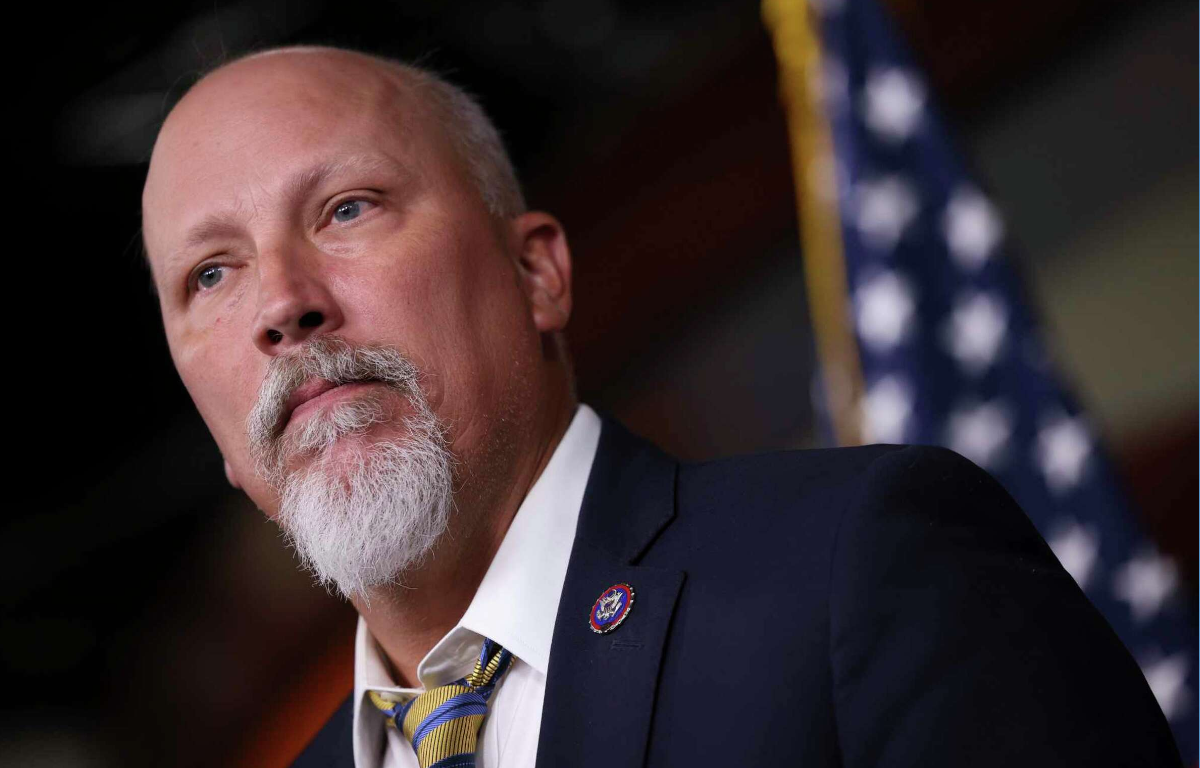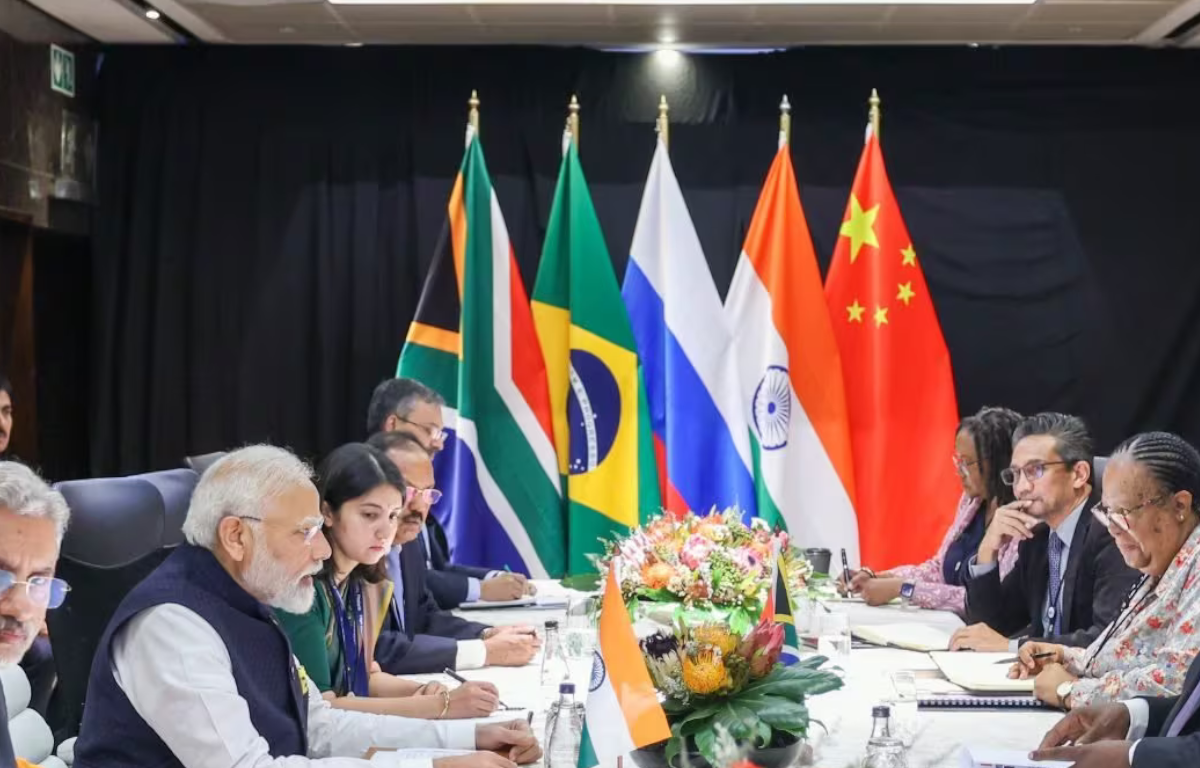
However, recent developments have raised concerns about the influence of Beijing, particularly in terms of censorship, data privacy, and international relations. Let’s delve into the complexities of how Beijing’s involvement is perceived to be impacting TikTok.
One of the most significant criticisms directed at TikTok is its perceived censorship practices under Beijing’s influence. Critics argue that the Chinese government exerts control over content on the platform, leading to the suppression of certain topics or viewpoints deemed sensitive or critical of the Chinese Communist Party (CCP). This has sparked debates about freedom of expression and the extent of political influence on a global social media platform.
Another area of concern is data privacy and security. TikTok, owned by the Chinese company ByteDance, has faced scrutiny over how it handles user data, particularly in relation to Beijing’s data security laws. There have been allegations that user data could be accessed or shared with Chinese authorities, raising fears about surveillance and privacy breaches.
The geopolitical implications of Beijing’s influence on TikTok cannot be overlooked. The platform’s global reach has made it a focal point in discussions about China’s soft power and influence in the digital sphere. Some governments, such as the United States and India, have raised national security concerns and taken actions to address perceived risks associated with TikTok’s ownership and operations.
Beijing’s involvement has also led to challenges on the business and regulatory fronts. TikTok has faced bans and restrictions in certain countries due to concerns about national security, data privacy, and content moderation. These challenges highlight the complexities of operating a global social media platform under the influence of a government with its own political and ideological agenda.
For TikTok and its users, navigating this complex landscape requires careful consideration of various factors. The platform must balance user engagement, content moderation, data privacy, and regulatory compliance while addressing concerns about political influence and censorship. Users, on the other hand, may need to be mindful of the platform’s policies and potential risks associated with sharing personal information and content.
As TikTok continues to evolve and expand its user base, the role of Beijing in shaping its policies and practices will remain a topic of interest and debate. Transparency, accountability, and adherence to international standards will be key factors in addressing concerns and building trust among users, regulators, and stakeholders.










Share this: